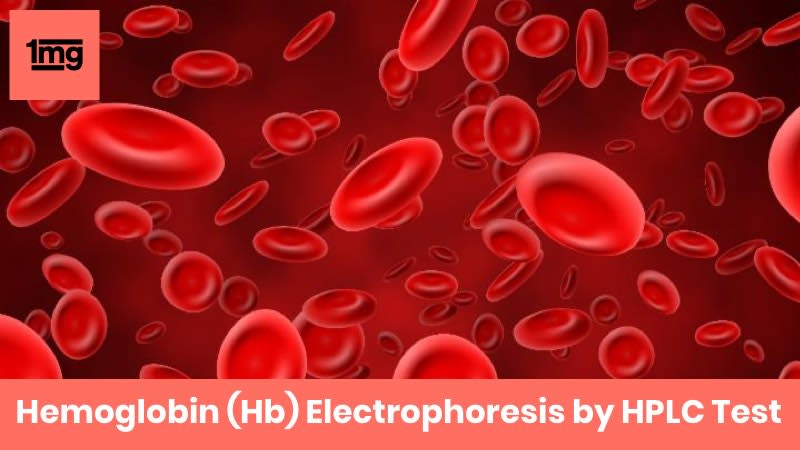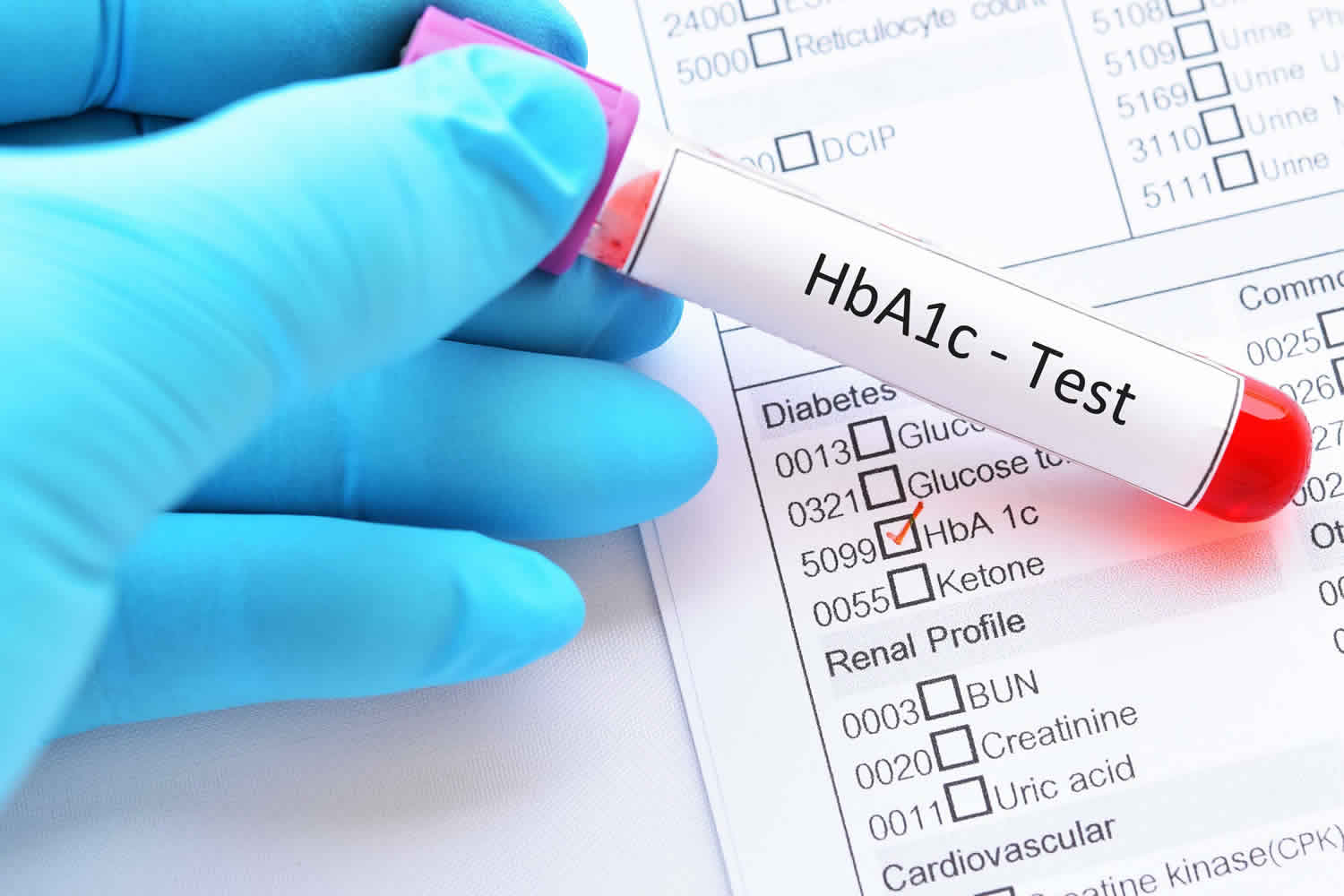
As a result, donors are composed of a relatively healthy group of individuals. Because of the application of health eligibility criteria before a blood donation, a selection process of those who are healthy enough to donate blood takes place. Blood donors provide a unique and perfect study population for this type of question. We had the opportunity to study this effect in a large cohort of blood donors. The presumed association between Hb level and blood pressure has been mainly investigated in patients but never in a healthy set of persons.
#HEMOGLOBIN NORMAL RANGE FREE#
10 Furthermore, it has also been reported that free Hb induces vasoconstriction because of NO scavenging, limiting the NO availability for vascular smooth muscle cells, which elevates the blood pressure. 9 In animal studies, the administration of increasing doses of cross-linked Hb during cardiopulmonary bypass surgery induced an increase in mean arterial pressure. 7, 8 Moreover, in patients with orthostatic hypotension, increasing the red cell volume by erythropoietin elevated blood pressure while standing. 5, 6 In previous research among hemodialysis patients, the administration of erythropoietin, an erythropoiesis-stimulating protein used for the treatment of anemia, was related to an elevated blood pressure.

There are indications that systolic blood pressure (SBP) and diastolic blood pressure (DBP) may increase with increasing hemoglobin (Hb) levels. 3, 4 Gaining knowledge about factors that are associated with a blood pressure increase is, therefore, imperative. It is estimated that substantial incidence differences in fatal and nonfatal ischemic heart disease can be observed by blood pressure differences of ≈2 to 3 mm Hg. Major health benefits may be gained by decreasing blood pressure. This substantial blood pressure-related disease burden in the population stresses the importance of maintaining blood pressure values at an adequate level. 1, 2 It has been reported that 54% of stroke cases and 47% of ischemic heart disease cases could be attributed to a high blood pressure. 1 Worldwide, high blood pressure is regarded as one of the most important underlying cause of cardiovascular disease. Of these deaths, an estimated 7.3 million were because of coronary heart disease, and 6.2 million were because of stroke. According to health statistics from the World Health Organization, 17.3 million people died from cardiovascular disease in 2008, which accounts for 30% of all global deaths. We observed consistent effects between persons but also within persons.Ĭardiovascular disease is still the leading cause of mortality in the world. The results show that hemoglobin level is positively associated with both systolic and diastolic blood pressures in healthy individuals. For diastolic blood pressure, results were comparable. With respect to the within-person effect, regression coefficients for systolic blood pressure were 0.7 mm Hg and 0.9 mm Hg per millimole per liter increase in hemoglobin level, for men and women, respectively. With respect to the between-person effect, regression coefficients for systolic blood pressure were 1.3 mm Hg per millimole per liter increase in hemoglobin level for men and 1.8 mm Hg per millimole per liter increase in hemoglobin level for women. Hemoglobin level was positively associated with both systolic and diastolic blood pressures. The mean age in men was 49.3 years (☑2.5 years), and in women it was 42.4 years (☑3.7 years). All of the analyses were done separately for men and women. We used generalized estimating equation models to assess the between-person effect and linear mixed models to assess the within-person effect. We used repeated measurement analysis to analyze the data. At each visit, hemoglobin level and blood pressure were measured as part of the standard procedure before a blood donation. The study population was composed of 101 377 whole blood and plasma donors, who made 691 107 visits to the blood bank. The present study investigated the association between hemoglobin level and systolic blood pressure and diastolic blood pressure in healthy persons. It has been hypothesized that an increased hemoglobin level elevates blood pressure.

Journal of the American Heart Association (JAHA).Circ: Cardiovascular Quality & Outcomes.Arteriosclerosis, Thrombosis, and Vascular Biology (ATVB).


 0 kommentar(er)
0 kommentar(er)
